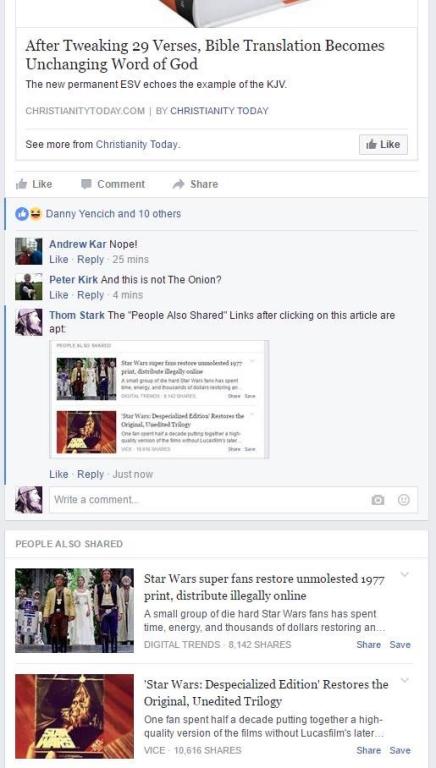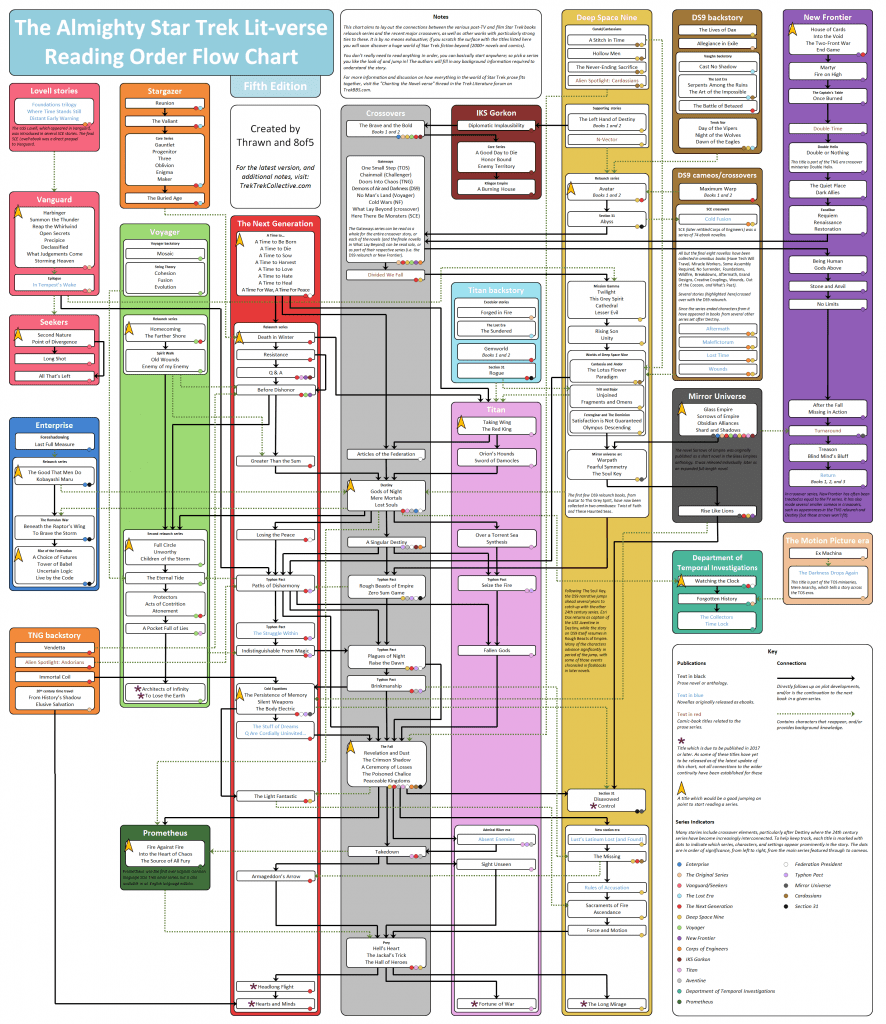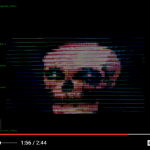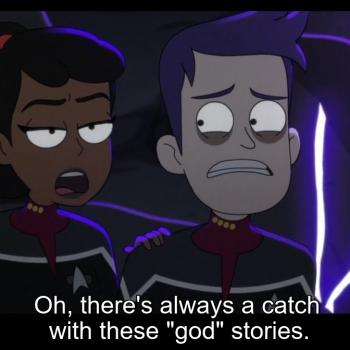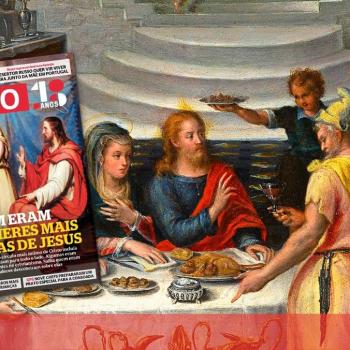The subject of canon in sci-fi and Biblical studies isn’t just something I’ve created a card game to explore. It is the focus of a chapter in my forthcoming book, Theology and Science Fiction, in the Cascade Companions series. The publisher, Wipf & Stock, shared the following sneak peak from the book:
The subject has been getting a lot of attention in a variety of locations online. Probably the most interesting intersection was when Facebook suggested relevant things of related interest after an article about the ESV Bible tweaking some verses only to then declare itself finished and immutable. The related links were about the mutability of the texts in the Star Wars canon! Thom Stark took a screenshot:
IO9 had articles about Star Wars and Star Trek canons just recently. In the former, the article argued:
The Star Wars canon is a complicated thing, in both exciting and frustrating ways. There’s no doubt it greatly enhances the weight and importance of art beyond just the movies. But it also requires older fans to totally change their mindsets in regards to Star Wars.
Star Wars is more than just one character, one ship, one planet. It’s trillions of characters, billions of ships, and millions of planets. It’s a full, vibrant galaxy that we are just now, almost four decades after its creating, finally started to explore fully. Like a lot of things in this world, we just have to have a broader understanding of it.
The Star Trek article was about the effort someone put into fitting all the Star Trek novels together in relation to one another. See the quote from my book above for why I think that is significant. Here’s the flow chart that the article highlights:
There was a call for papers about the expanded Harry Potter universe.
Randall Rauser discussed whether additions to canonical works ought to be considered canonical. That will be explored in the next deck that I release for the Canon card game, which will bring both textual criticism and the Apostolic Fathers into the mix. Rauser also discussed whether Protestants accept the Deuterocanonical writings.
And finally, Joel Watts drew attention to a video about the Biblical canon:



